
To celebrate drummer/percussionist Eddie Prévost's 80th birthday, Café Oto hosted four concerts once a week in June, 2022, each a differing configuration from Prévost's history; this third concert presents combinations of improvisers from Prévost's weekly workshop series through diverse groupings from trio to septet.
In Stock
Quantity in Basket: None
Log In to use our Wish List
Shipping Weight: 5.00 units
EU & UK Customers:
Discogs.com can handle your VAT payments
So please order through Discogs
Sample The Album:
Mark Browne-saxophone
Jamie Coleman-trumpet
Iris Ederer-voice
Gerry Gold-trumpet
Chris Hill-clarinet
Daniel Kordik-electronics
Ross Lambert-guitar
Ed Lucas-trombone
James Malone-electronics
Keisuke Matsui-cello
Tom Mills-theremin
James O'Sullivan-guitar
Emmanuelle Waeckerle-voice
Tom Wheatley-double bass
Mirei Yazawa-trumpet
Click an artist name above to see in-stock items for that artist.
Includes a 36 page booklet with liner notes from Eddie Prévost and from several of the participants, and b&w photos of the performers.
UPC: 502049011129
Label: Matchless
Catalog ID: MRCD111
Squidco Product Code: 33462
Format: CD
Condition: New
Released: 2023
Country: UK
Packaging: Cardboard Gatefold w/ booklet
Recorded at Cafe OTO, in London, UK, on July 23rd, 2022, by Pedro Subtil.
"[...] On this night, those musicians were a combination of older and more recent attendees to the workshop: collectively, Mark Browne (saxophone), Ross Lambert (guitar), Emmanuelle Waeckerlé (voice), Iris Ederer (voice), Chris Hill (clarinet), Tom Mills (theremin), Mirei Yazawa (trumpet), James O' Sullivan (guitar), James Malone (electronics), Keisuke Matsui (cello), Daniel Kordik (electronics), Ed Lucas (trombone), Gerry Gold (trumpet), Jamie Coleman (trumpet), and Tom Wheatley (bass). The evening was divided into two halves: the first featured seven players, the second eight.
The format makes it harder to give a capsule review: what matters, above all, is process. But some moments still spring to mind: Emmanuelle Waeckerlé singing "Eddie, Eddie" in duet with Iris Ederer; Kesuke Matsui, who'd rigged his cello up to a feedbacking amp, scraping over the strings with what looked like an oyster card; a passage for trumpets (Mirei Yazawa, Gerry Gold) and trombone (Ed Lucas) plumbing the depths. At the same time, a series of highlights is beside the point. The workshop is not a preparation for something else; is not rehearsal, practice, or woodshedding, the preliminary to a main event. Instead, it is a space — or, more accurately, an activity — conducted for itself, with no end goal in mind; practice, practising, not as rehearsal, but as doing, enacting, carrying out. And the most compelling moments of this workshop performance were not the most performative, the most gig-like, but precisely those awkward, quiet or anti-performative moments that the workshop facilitates: the virtues of listening, the practice of being together, for no sake other than itself — everything that moment encompasses and that, within that moment, reaches beyond it, compressed, expanded, and set free. [...]"-David Grundy, Point of Departure
"Eddie Prévost turned eighty in June 2022 and to celebrate, Café Oto invited Prévost to convene four separate concerts, held every Saturday of July. Prévost named the residency for a line from Seamus Heaney's "Clearances" — "its heft and hush become a bright nowhere" — which he took as a model for the kinds of utopia modelled in musical improvisation; the series was further dedicated to the late impresario Victor Schonfield, who died early in May. As curator of the Music Now charity in the '60s, Schonfield played a key role in bringing American jazz and free jazz musicians from Ornette Coleman and Sun Ra to Miles Davis to the UK. He also served as part-time manager for AMM, the group with which Prévost over the years has been most indelibly associated — to the extent that Schonfield was jokingly referred to as a member of the group. In the '70s and '80s, Schonfield was active in left politics as chief trade union organiser and treasurer of the Campaign for Labour Party Democracy: in his biography of Michael Foot, Mervyn Jones writes of Schonfield, Vladimir Derer and Jon Lansmann, later founder of Momentum, "they were unreservedly dedicated, they had no political ambitions of their own and they were in a position to work day and night for the cause without pay." And though, during this time, Schonfield's activities as a promoter had taken a back seat, in later years, he was a regular at Oto and a mentor to younger musicians.
The dedication to Schonfield highlighted the importance of those who, though not themselves musicians, are indispensable in facilitating and enabling the music and the culture it creates. It also harked back to that moment in the mid-'60s of a counter-cultural London, where musicians of working-class backgrounds like Prévost and Keith Rowe were able to some sort of lead in reinventing what music might be, even as that music has tended to fly under the radar of national and international cultural institutions. All those decades on, the series, with Prévost himself in the role of curator and organiser that Schonfield occupied, manifested a continuing dedication to improvised music as collective, social endeavour. Its generational sweep reflected the various stages and facets of Prévost's career and his firmly collaborative ethos, both centring and moving beyond his own individual role. As a music that is about collaboration, removing the format of the solo for an entirely collective music, free improvisation does not naturally lend itself to narratives of heroic, solitary genius, though sometimes those narratives inflect the way its history has been passed down to us. For Prévost, however, the approach to — or enabled by — improvisation, first discovered in AMM, and later expanded in his various theoretical books on improvisation, insists on the collective dimension first and foremost. As he wrote in the liner notes for the CD reissue of AMMMusic, "A preoccupation with ... with one's own ego at the expense of the ensemble is destructive."
Over the course of Bright Nowhere, watching each event unfold in its difference was watching process at work: not just a historical assembly, a chronological survey, or a potpourri, but a manifestation of the simultaneous openness and focus that can still be found in freely improvised music nearly sixty years since Prévost first began playing it. The figure of travel that Prévost added to Heaney's phrase — "marking a journey to a bright nowhere" — might suggest progression towards a goal, but-as in the fascination with notions of wandering, errancy, and travelling in Luigi Nono's late work — it instead complicates these ideas, blurring borders and boundaries, while refusing to give up on the hopes for better — political, social, human — brought to bear on aesthetic experimentation."-David Grundy, Point of Departure
Includes a 36 page booklet with liner notes from Eddie Prévost and from several of the participants, and b&w photos of the performers.

The Squid's Ear!
Get additional information at Point of Departure
Artist Biographies
• Show Bio for Jamie Coleman UK trumpeter Jamie Coleman is a membmer of 9!, Coleman / Kasyansky / Wright, The Cinematic Orchestra, and Zero 7. He can also be heard on the Matchless compilation That Mysterious Forest Below London Bridge. ^ Hide Bio for Jamie Coleman • Show Bio for Gerry Gold "The fourth member of the What? Quartet is the only one previously unknown to me. Trumpeter Gerry Gold has proved to be an elusive figure to find on line. He appears to have combined the career of an economist with music and currently seems to be involved with the National Theatre of Wales. His musical credits include several recordings with bands led by improvising drummer Eddie Prevost. He also appears to have had some musical involvement with the contemporary classical composer Cornelius Cardew. Gold is therefore no stranger to improvised music and the avant garde, making him a perfect fit for this adventurous new quartet."-Ian Mann ^ Hide Bio for Gerry Gold • Show Bio for Daniel Kordik Daniel Kordik, born in Slovakia and currently based in London, is an improvising synthesizer player who co-runs the Earshots label and concert series with Edward Lucas. They have a long standing trombone and synth duo: Kordik / Lucas, and with Noel Taylor. ^ Hide Bio for Daniel Kordik • Show Bio for Ross Lambert "Northern Irish guitarist Ross Lambert (19xx) has been involved in, initiated and been a connector between a wide variety of improvisatory music since his first exposure and immediate commitment to it in Sheffield via Derek Bailey during the mid-eighties. Although his work is painfully under-documented, he has collaborated with a huge number of musicians, including Ami Yoshida, Evan Parker, John Butcher, Jean-Luc Guionnet, Tetuzi Akiyama and Rhodri Davies - as well as his close friends Seymour Wright, Sebastian Lexer and Eddie Prévost." ^ Hide Bio for Ross Lambert • Show Bio for Keisuke Matsui Keisuke Matsui is a London, UK-based guitarist, known for the groups London Experimental Ensemble, and Officer! ^ Hide Bio for Keisuke Matsui • Show Bio for James O'Sullivan "Using a combination of feedback, conventional guitar techniques and instrumental preparations, London-based musician James O' Sullivan exploits the full sonic potential of electric guitar and amplifier, relating them meaningfully to the immediate physical environment. His interest in improvisation, recording and performance has led him to record and perform across the UK and internationally, both solo and with numerous improvised music groups. More longstanding arrangements include Found Drowned, a trio with Pete Marsh and Paul May, and his collaboration with Thanos Chrysakis on several releases on the Aural Terrains imprint. His debut solo album, 'feed back couple', was released in 2011. His second solo album, IL Y A, is out now on the Linear Obsessional imprint." ^ Hide Bio for James O'Sullivan • Show Bio for Emmanuelle Waeckerle "Emmanuelle Waeckerlé is a London based artist and academic whose interdisciplinary practice explores the materiality of language and connecting issues of place and identity. Through a number of interrelated projects stretching back over twenty years, Emmanuelle uses performative strategies (live and mediated), text (very few words) and on the page work to construct ephemeral occasions, scores and other creative tools suitable for the marking and reading of (being in) space. Recurring themes are - the relationship between walking writing and reading - the limitations and creative potential of translation - poetics of survival and resistance Emmanuelle is a Reader in Photography and relational practices at University for the Creative Art in Farnham, and director of bookRoom research cluster and bookRoom press. Between 2007 and 2014 she was part of the small team running the centre des livres d'artistes in St Yrieix la Perche in France. Emmanuelle studied Photography with Mick Williamson at Sir John Cass (now Metropolitan University). She then completed an MA in Fine Art at the Slade school of Art in 1996 under Stuart Brisley. After a few years of part time lecturing on the Photography degree and the MA in Fine Art at Kent Institute of Art and design she was appointed senior lecturer in Visual communication at University for the Creative Arts in Farnham in the Photography department. She became a Reader in 2012." ^ Hide Bio for Emmanuelle Waeckerle • Show Bio for Tom Wheatley "Tom Wheatley is a double bass and electric bass player based in, and native to, London. He plays to open the bass - sonically and physically, musically and surgically - as to open suppressed musics. He is actively involved in new music communities of London and elsewhere, playing with Seymour Wright, Daniel Blumberg, Billy Steiger, Eddie Prévost, John Edwards, CYNTHIA, Mark Sanders, Yoni Silver, Denis D'or, Ute Kanngiesser, Guillaume Viltard, and others." ^ Hide Bio for Tom Wheatley • Show Bio for Mirei Yazawa Mirei Yazawa; born Nagano, Japan; educated Goldsmiths college, London BA (Hons) Fine Art; is an artist who work with body movement, bodily sensation and improvisation to explore how we construct reality and share it. ^ Hide Bio for Mirei Yazawa
Have a better biography or biography source? Please Contact Us so that we can update this biography.
3/2/2026
Have a better biography or biography source? Please Contact Us so that we can update this biography.
Have a better biography or biography source? Please Contact Us so that we can update this biography.
3/2/2026
Have a better biography or biography source? Please Contact Us so that we can update this biography.
3/2/2026
Have a better biography or biography source? Please Contact Us so that we can update this biography.
3/2/2026
Have a better biography or biography source? Please Contact Us so that we can update this biography.
3/2/2026
Have a better biography or biography source? Please Contact Us so that we can update this biography.
3/2/2026
Have a better biography or biography source? Please Contact Us so that we can update this biography.
3/2/2026
Have a better biography or biography source? Please Contact Us so that we can update this biography.
Track Listing:
1. Widdershins One 17:18
2. First Trio 5:24
3. Second Trio 3:56
4. Widdershins Two 19:43
5. First Quartet 3:56
6. Second Quartet 6:49
7. Third Quartet 5:51
8. Sextet 5:50
Matchless
Improvised Music
Free Improvisation
Jazz
London & UK Improv & Related Scenes
European Improvisation, Composition and Experimental Forms
Large Ensembles
Staff Picks & Recommended Items
Search for other titles on the label:
Matchless.

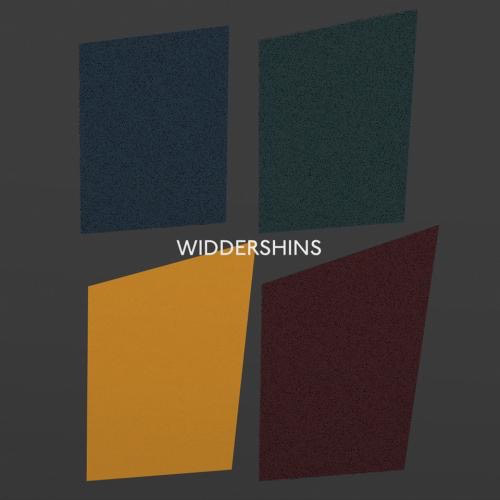

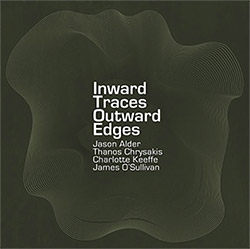
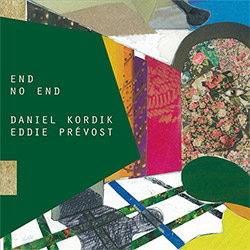
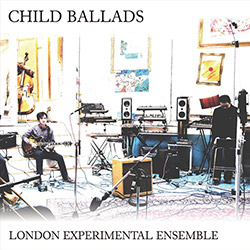

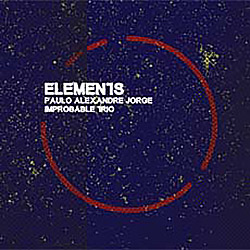
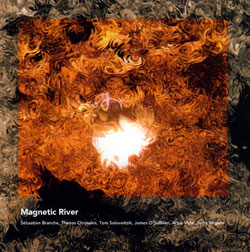


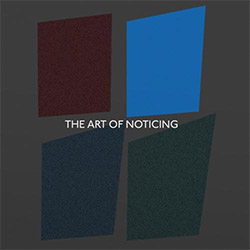
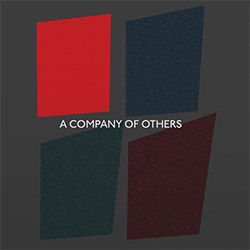
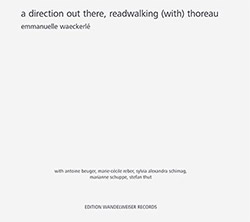
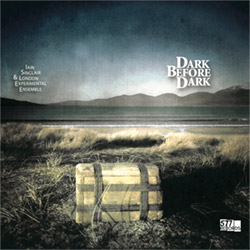
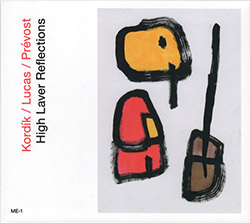
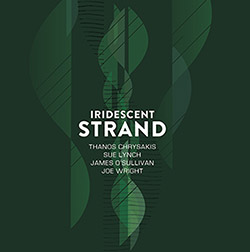


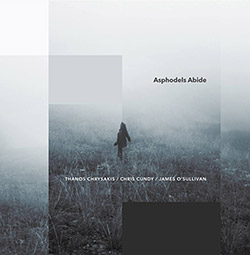

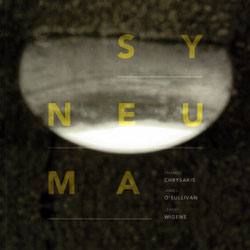


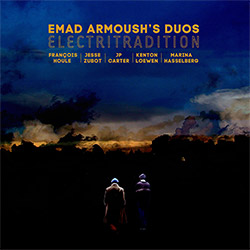

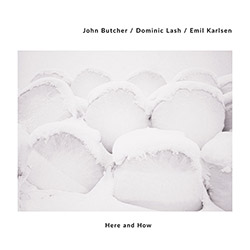

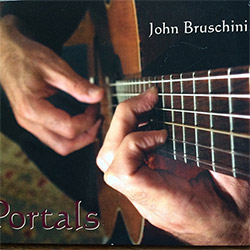
![Weathers, Andrew: Attempts: a collection of text and graphic scores [BOOK]](https://www.teuthida.com/productImages/misc4/37251.jpg)
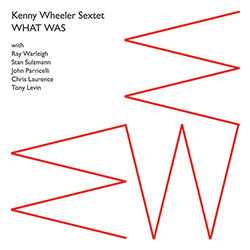

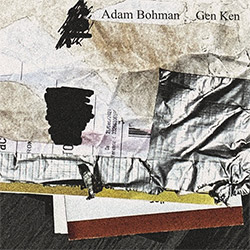
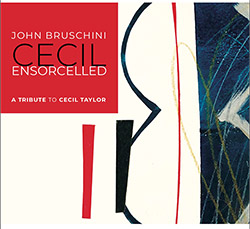
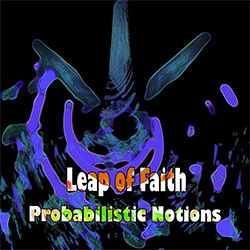

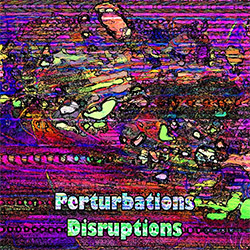
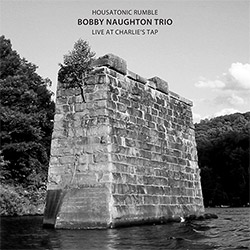


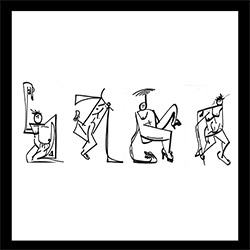
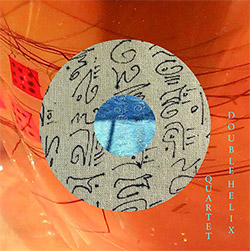


![Aries House Zaes: Network Friction [VINYL]](https://www.teuthida.com/productImages/misc4/37242.jpg)
![Bailey, Derek / Han Bennink / Evan Parker: Topographie Parisienne (Dunois, April 2nd, 3d & 4th, 1981) [4 CDs]](https://www.teuthida.com/productImages/misc4/37246.jpg)
![Lindorff-Ellery, Evan: Light Sound Falling [CASSETTE w/ DOWNLOAD]](https://www.teuthida.com/productImages/misc4/37043.jpg)
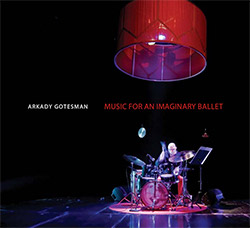
![Lindorff-Ellery, Evan / Naomi Juniper: Studio, Creek [CASSETTE W/ DOWNLOAD]](https://www.teuthida.com/productImages/misc4/37044.jpg)
![Koyoltzintli and Friends: Wild Fire Clay Percussion Group [CASSETTE W/ DOWNLOAD]](https://www.teuthida.com/productImages/misc4/37045.jpg)

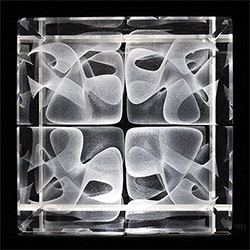
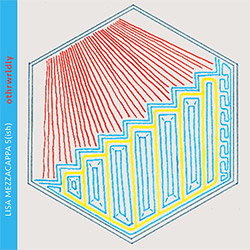
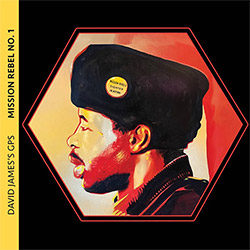
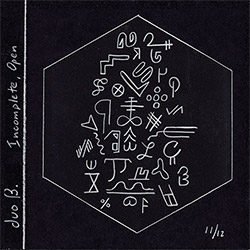


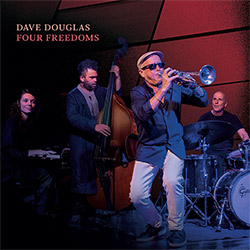
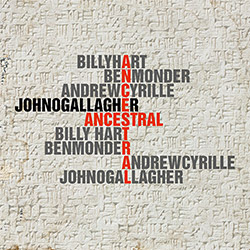



![Hearsay (Allen Moore, Ishmael Ali, Bill Harris): Glossolalia [CASSETTE]](https://www.teuthida.com/productImages/misc4/34531.jpg)
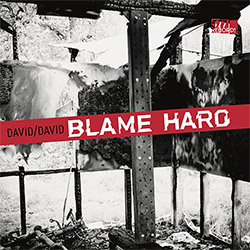



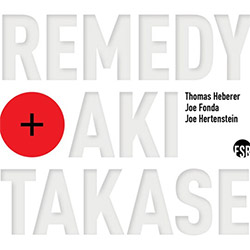
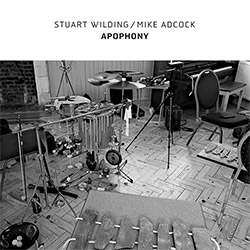

![Ali, Ishmael (Ishmael / Wilkerson / Wilkes / Baker / Tong / Harris): Burn the Plastic, Sell the Copper [VINYL]](https://www.teuthida.com/productImages/misc4/37105.jpg)
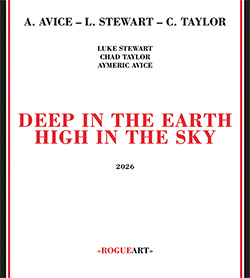
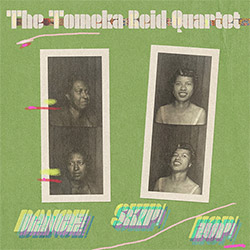
![Reid, Tomeka Quartet (w/ Roebke / Halvorson / Fujiwara): Dance! Skip! Hop! [VINYL]](https://www.teuthida.com/productImages/misc4/37094.jpg)

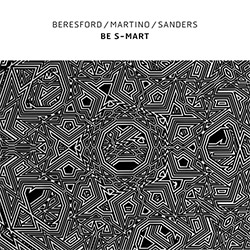
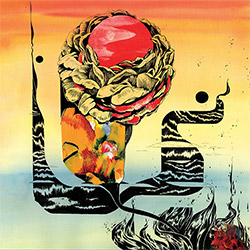
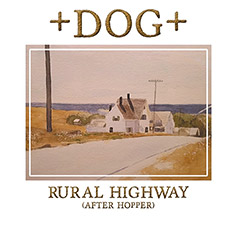
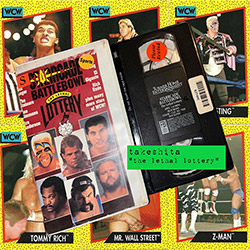
![Coleman, Rodger: Journey to Brno [CASSETTE + DOWNLOAD]](https://www.teuthida.com/productImages/misc4/37175.jpg)

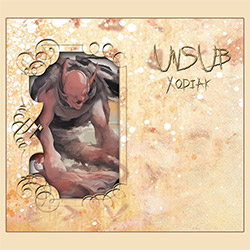

![Allbee, Liz: Breath Vessels [VINYL]](https://www.teuthida.com/productImages/misc4/37012.jpg)
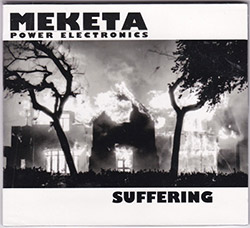
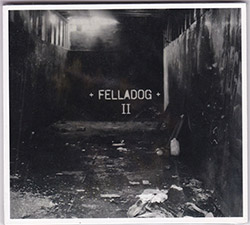

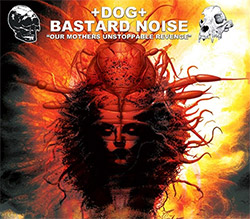

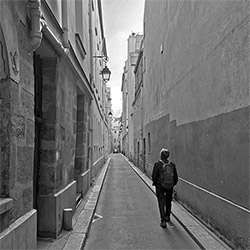
![Belorukov, Ilia / Alex Riva: Wrestling For Futility [CASSETTE w/DOWNLOAD]](https://www.teuthida.com/productImages/misc4/36994.jpg)


![Genthon, Anouck / Lionel Marchetti: Suite Blanche [2 CDs]](https://www.teuthida.com/productImages/misc4/36642.jpg)
![Toeplitz, Kasper T.: Erosions Programmees [CD + BOOKLET]](https://www.teuthida.com/productImages/misc4/36639.jpg)
![Gate, The : Almost Live [CASSETTE + MAGAZINE]](https://www.teuthida.com/productImages/misc4/36836.jpg)





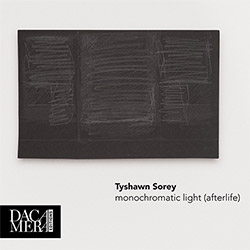

![Feldman, Morton / GBSR Duo w/ Taylor MacLennan: Trios [6 CD BOX SET]](https://www.teuthida.com/productImages/misc4/37020.jpg)
![Frey, Jurg : Composer, Alone [3 CDs]](https://www.teuthida.com/productImages/misc4/36927.jpg)








![Frey, Jurg with ensemble]h[iatus: Je Laisse A La Nuit Son Poids D](https://www.teuthida.com/productImages/misc4/36988.jpg)




![Pisaro-Liu, Michael: Within (2) / Appearance (2) [2 CDs]](https://www.teuthida.com/productImages/misc4/36831.jpg)









![Musicworks Magazine: #151 Summer 25 [MAGAZINE + CD]](https://www.teuthida.com/productImages/misc4/36559.jpg)

![Zorn, John: The Song of Songs [CD + CD BOOK]](https://www.teuthida.com/productImages/misc4/36923.jpg)

![Coultrain: Mundus [COLORED VINYL]](https://www.teuthida.com/productImages/misc4/33056.jpg)
![Hprizm: Signs Remixed [COLORED VINYL]](https://www.teuthida.com/productImages/misc4/30635.jpg)
![Halls Of the Machine: All Tribal Dignitaries [CASSETTE w/ DOWNLOAD]](https://www.teuthida.com/productImages/misc4/36134.jpg)



![Koenjihyakkei: Live at Club Goodman [2 CDs]](https://www.teuthida.com/productImages/misc4/36111.jpg)

![Sorry For Laughing (G. Whitlow / M. Bates / Dave-Id / E. Ka-Spel): Rain Flowers [2 CDS]](https://www.teuthida.com/productImages/misc4/35985.jpg)

![Rolando, Tommaso / Andy Moor : Biscotti [CASSETTE w/ DOWNLOADS]](https://www.teuthida.com/productImages/misc4/36106.jpg)


![Electric Bird Noise / Derek Roddy: 8-10-22 [CD EP]](https://www.teuthida.com/productImages/misc4/35970.jpg)








![Elephant9 : Mythical River [VINYL]](https://www.teuthida.com/productImages/misc4/34624.jpg)



![Coley, Byron: Dating Tips for Touring Bands [VINYL]](https://www.teuthida.com/productImages/misc4/17906.jpg)

![Lost Kisses: My Life is Sad & Funny [DVD]](https://www.teuthida.com/productImages/misc4/lostKissesDVD.jpg)